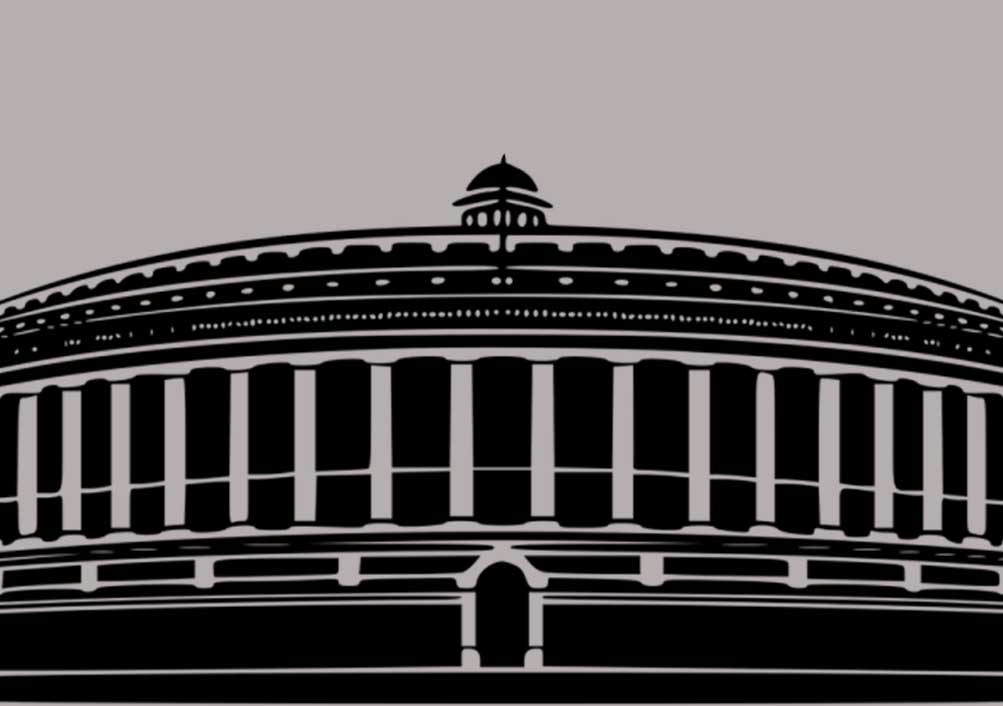We follow Constitutional dharma: P&H HC while affirming that every person in India has inherent & indefeasible fundamental right to life flowing from Article 21 of Constitution

Read Order: Jashanpreet Kaur & Another v. State of Punjab & Others
Monika Rahar
Chandigarh, February 18, 2022: While dealing with a protection plea of a couple, the Punjab and Haryana High Court has held that every person in the territory of India has an inherent and indefeasible fundamental right to life flowing from Article 21 of Constitution of India and the State is duty-bound to protect life.
Further, while reflecting on how law evolves alongwith social evolution, the Bench of Justice Anoop Chitkara observed that the times are changing fast, even in those lands that were left behind and stuck with the old ethos and conservative social milieu.
“We are governed by the rule of law and follow the Constitutional dharma. In the ever-evolving society, evolving the law with it, the time is to shift perspective from didactics of the orthodox society, shackled with the strong strings of morality supported by religions to one that values an individual’s life above all”, the Bench added.
Fearing for their lives and liberty at the hands of the private respondents, the petitioners who claimed to have married each other, had come up before the High Court seeking protection through the State, by invoking their fundamental right of life guaranteed under Article 21 of the Constitution of India.
Before the Court, an appearance was made by a counsel on behalf of the husband of the first petitioner and it was submitted that the first petitioner remarried without divorcing him, thus leaving him in the lurch. The husband also made a plea against the fact that he was not arraigned as a party. Lastly, it was contended that no protection should be given to the first petitioner as the apprehended threat was a consequence of her actions and violations.
While not adjudicating upon the validity of the petitioners’ marriage but for adhering to the Court’s fundamental duty of guarding their lives, the Court observed that if the allegations of apprehension of threat to their lives were true, it would lead to an irreversible loss.
In this backdrop, the Court granted the relief sought and directed the Police authorities to provide protection to the petitioners for a week. However, to save the petitioners from any impending danger, the petitioners were not allowed to go outside the boundaries of the place of their residence, except for medical necessities, to buy household necessities, and for bereavements in the families of the persons who are close to them.
Thus, without commenting on the merits of the case, the Court allowed the petition to the extent specified above.
Sign up for our weekly newsletter to stay up to date on our product, events featured blog, special offer and all of the exciting things that take place here at Legitquest.




Add a Comment